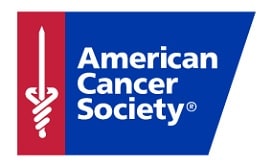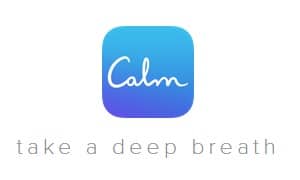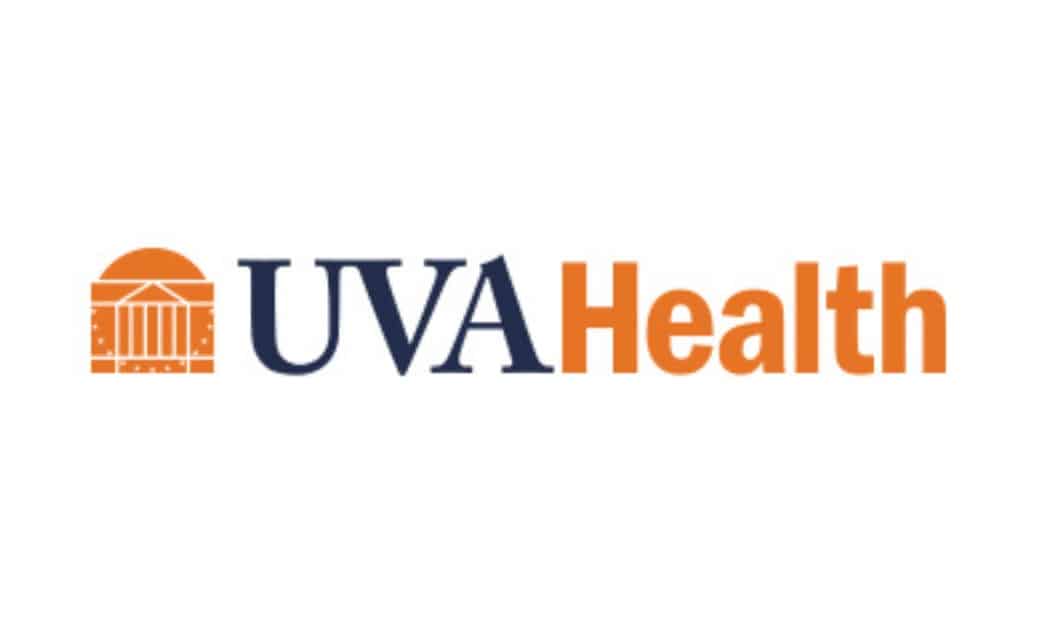Managing your stress response
Top practices and therapies for managing your stress
Therapies and practices we have reviewed—the effects of these practices and therapies are described below.
Further therapies reported to help manage stress are listed below.
Symptoms of stress
Stress can show up as distressemotional, social, spiritual, or physical pain or suffering that may cause a person to feel sad, afraid, depressed, anxious, or lonely; people in distress may also feel that they are not able to manage or cope with changes caused by normal life activities or by having a disease, such as cancer or other symptoms.
If you experience anxiety, depression, sleep disruption or other symptoms, and you think stress may be contributing to them, you may need to address both your symptoms and the underlying stress to find relief and wellness.
One possible way that stress can be expressed is through anger. Both people with cancer and those caring for them can become angry, with the potential for abuse or even violence.1Mejri N, Lajnef I et al. Intimate partner violence after cancer diagnosis: an SOS call. Supportive Care in Cancer. 2023 Jan 9;31(2):103. We encourage you to reach out for help if you find yourself or your partner is becoming angry and not managing your anger response well.
Find information about assessing and communicating distress to your health care team including tools to help measure your distress.
Stress inventory: creating a stress score
The Holmes-Rahe Stress Inventory assigns a score to the top stressors in people’s lives to assess their risk of developing a stress-induced breakdown.2American Institute of Stress. The Holmes-Rahe Stress Inventory. Viewed March 7. 2022. If you use this inventory and find that you have a high risk, we encourage you to take your result and your concerns to your oncology team to work with you on managing your stress responses. Holmes-Rahe Stress Inventory ›
Post-traumatic stress disorder or other serious conditions
Post-traumatic stress disorder (PTSD) frequently develops after traumatic experiences. If you, either as a person with cancer or a caregiver, have a risk factor for PTSD, or you have symptoms of PTSD or any other symptoms of serious mental health issue, we encourage you to notify your cancer care team as soon as possible. Symptoms include these:3Mayo Clinic Staff. Post-traumatic stress disorder (PTSD). Mayo Clinic. Viewed March 7, 2022.
- Intrusive memories
- Avoidance
- Negative changes in thinking and mood
- Changes in physical and emotional reactions
- Suicidal thoughts
What practices and therapies can help with stress?
Both self-care practices and some complementary therapies can help you manage your stress response.
Stress can be both mental/emotional and physical. We assess the evidence for various practices and therapies related to stress among people with cancer. We provide summaries here, but full details are on the therapy review pages.
As research evidence is often incomplete, learning how integrative experts manage stress can be informative. See How do integrative experts manage stress ›
Therapies and practices which are beneficial in some situations may show no benefit in others.
In this video from The Juniper Center, Lindsay McDonell, author of Your Dance with Cancer, discusses her approach for managing fear and stress and opening space in her life for joy.
Play videoPractices and therapies with good or modest evidence of benefit for managing stress
Good evidencesignificant effects in one large or several mid-sized and well-designed clinical studies (randomized controlled trials (RCTs) with an appropriate placebo or other strong comparison control or observational studies that control for confounds) (this is the CancerChoices definition; other researchers and studies may define this differently) indicates that the practice or therapy is linked to the outcomes described with reasonable certainty. Modest evidencesignificant effects in at least three small but well-designed randomized controlled trials (RCTs), or one or more well-designed, mid-sized clinical studies of reasonably good quality (RCTs or observational studies), or several small studies aggregated into a meta-analysis (this is the CancerChoices definition; other researchers and studies may define this differently) means the practice or therapy may be linked to the outcomes described, but with a lower degree of certainty.
The evidence for these effects is described in the reviews available through the image links.
Moving More: modest and preliminary evidence
Lower physical markers of stress among people participating in exercise or movement (modest evidence)
Less perceived stress during active surveillance among people with prostate cancer participating in high-intensity interval training (preliminary evidencesignificant effects in small or poorly designed clinical studies OR conflicting results in adequate studies but a preponderance of evidence of an effect (this is the CancerChoices definition; other researchers and studies may define this differently))
Creating a Healing Environment: modest evidence
Not specific to cancer:
- Faster stress-recovery processes in laboratory experiments and better self-reported health conditions among people listening to positive soundscapes (modest evidence)
Sharing Love and Support: good and modest evidence
Loneliness and isolation are stressorschallenging situations. Feeling supported and loved can help you manage these stressors and others.
Not specific to cancer:
- Less distress among people with higher levels of social support (good evidence)
- Fewer symptoms of posttraumatic stress and more posttraumatic growth among adults with cancer with higher levels of social support (modest evidence)
Probiotics and prebiotics: mixed evidence
Not specific to cancer:
- No evidence of an effectoverall, one or more studies did not demonstrate that a treatment or intervention led to an expected outcome; this does not always mean that there is no effect in clinical practice, but that the studies may have been underpowered (too few participants) or poorly designed. Larger, well-designed studies provide more confidence in making assessments. on stress among people with symptoms of stress treated with probiotics in a combined analysis of studies
- Less perceived stress among healthy volunteers treated with probiotics (modest evidence)
- A lower marker of stress 5 to 7 days after elective orthopedic or colorectal surgery among elderly people treated with probiotics (preliminary evidence)
Relaxation techniques combined with guided imagery: modest to weak evidence
Less psychological distress among people with cancer treated with progressive muscle relaxation with guided imagery (modest evidence)
Less tension among parents of children hospitalized with a malignancy treated with progressive muscle relaxation and guided imagery (preliminary evidence)
Less distress among people with terminal cancer in hospice treated with interactive guided imagery and progressive muscle relaxation (weak evidenceone or more case studies, supported by animal evidence OR small treatment effects of limited clinical significance OR studies with no controls OR weak trends of effects (this is the CancerChoices definition; other researchers and studies may define this differently))
Support groups and interventions: mixed evidence
In-person group: Less stress or distress among women with breast cancer participating in an in-person group (modest evidence)
Online groups: Insufficient (conflicting) evidencepreclinical evidence only OR clinical studies with such poor or unclear methodology that no conclusion can be drawn OR conflicting findings across clinical studies with no preponderance of evidence in one direction; conflicting evidence occurs when studies find conflicting effects (positive effect vs no effect or negative effect) with the same treatment and the same general study population (same cancer type, for example) (this is the CancerChoices definition; other researchers and studies may define this differently) of an effect on stress or distress among women with breast cancer participating in an online support intervention
One-on-one peer support: Insufficient (conflicting) evidence of less distress among women with cancer or at risk of cancer receiving one-on-one peer support
Supportive community-based workbook-journal: fewer symptoms of stress among women with breast cancer receiving a supportive community-based workbook-journal (preliminary evidence)
Tai chi or qigong: good evidence
Lower markers of stress among people with cancer practicing tai chi or qigong (good evidence)
Time in nature or forest bathing: modest evidence
Not specific to cancer:
- Lower risk of stress-related disorders among people with dense vegetation near their residences (modest evidence)
- Less stress and annoyance among people listening to nature-based sounds (modest evidence)
Yoga: good to weak evidence
Less psychological stress or distress among people with cancer practicing yoga (good evidence)
Less stress before chemotherapy among people with cancer participating in laughter yoga (preliminary evidence)
Less psychological distress among caregivers for people with cancer practicing Vinyasa yoga (weak evidence)
Therapies with preliminary or weak evidence of benefit
Preliminary evidencesignificant effects in small or poorly designed clinical studies OR conflicting results in adequate studies but a preponderance of evidence of an effect (this is the CancerChoices definition; other researchers and studies may define this differently) means the practice or therapy may be linked to the outcomes described, although substantial uncertainty remains. Weak evidenceone or more case studies, supported by animal evidence OR small treatment effects of limited clinical significance OR studies with no controls OR weak trends of effects (this is the CancerChoices definition; other researchers and studies may define this differently) may mean that the effects are small or that a high degree of uncertainty remains about the links between the practice or therapy and the outcomes described.
No evidence of an effect on managing stress
Distress is linked to increased body mass index (BMI) and greater waist circumference. However, a combined analysis of studies found no evidence of an effect of moderate weight loss (about 8 pounds) on self-reported stress among overweight or obese adults. We don’t know if more or less weight loss than that has an effect.
Stimulants such as ephedra, ginseng, and bitter orange can increase your stress response.
Further therapies
Further therapies used to manage stress that we haven’t reviewed for effectiveness or safety.
- 5-HTP
- Alpha-lipoic acid
- Ashwagandha
- Breathing therapies
- Chamomile
- Cranial electrotherapy stimulation
- Eye movement desensitization and reprocessing
- Hops
- Hypnotherapy
- L-theanine
- L-tyrosine
- Lavender
- Lemon balm
- Lobelia (Indian tobacco)
- Magnesium
- Magnolia bark and phellodendron
- Meditation
- Mimosa tree bark
- Music therapy
- Panax ginseng (Asian ginseng)
- Passionflower
- Phosphatidylserine
- Rhodiola rosea
- Schisandra
- Siberian ginseng (Eleutherococcus senticosus)
- Valerian
- Vervain (verbena)
- Vitamin B₁ (thiamine)
- Vitamin B₅ (pantothenic acid)
Recommendations especially for caregivers with stress
These practices and approaches are recommended specifically for caregivers.4Mayo Clinic staff. Caregiver stress: Tips for taking care of yourself. Mayo Clinic. March 22, 2022. Viewed May 24, 2022.
- Accept help
- Focus on what you are able to provide
- Set realistic goals
- Get connected
- Join a support group
- Seek social support
- Set personal health goals
- See your doctor if you’re having trouble sleeping
In this Wellness Wednesday episode, Missy Hall conducts a sound bath meditation to calm the nervous system.
Play videoCancerChoices advisor Donald Abrams, MD, shares the ways in which he helps his patients with cancer decrease stress and increase a sense of control, including lifestyle practices and social support.
Play videoCancerChoices advisor Wayne B. Jonas, MD, discusses how people with cancer and the professionals caring for them can use intuition and thoughtful communication to respond to uncertainty without fear.
Play videoHelpful links
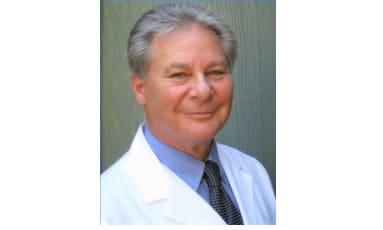
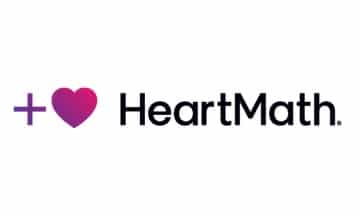
Free mobile app, but full functionality requires purchase of a sensor to provide heart rate variability coherence feedback
Keep reading
Managing Stress
More Healing Practices
Learn more
References

